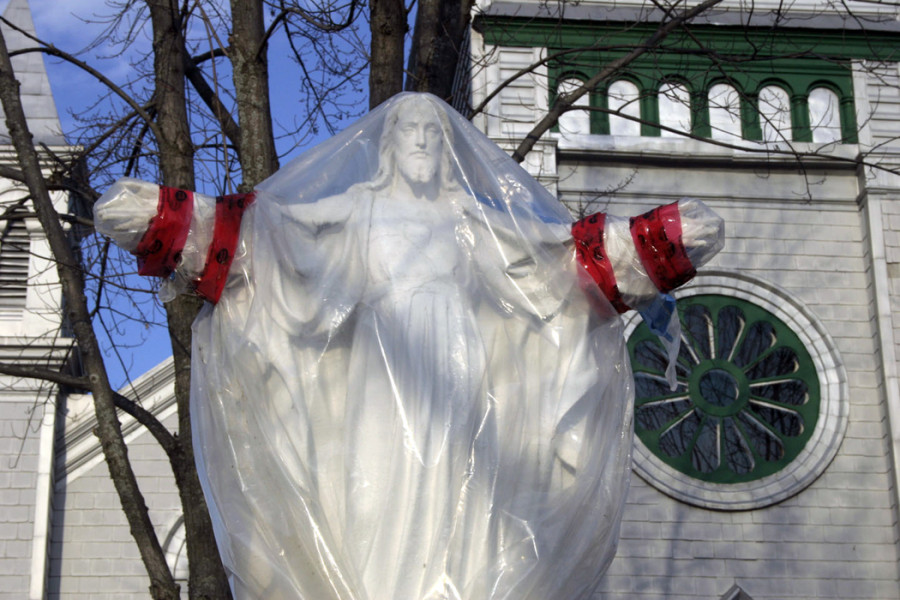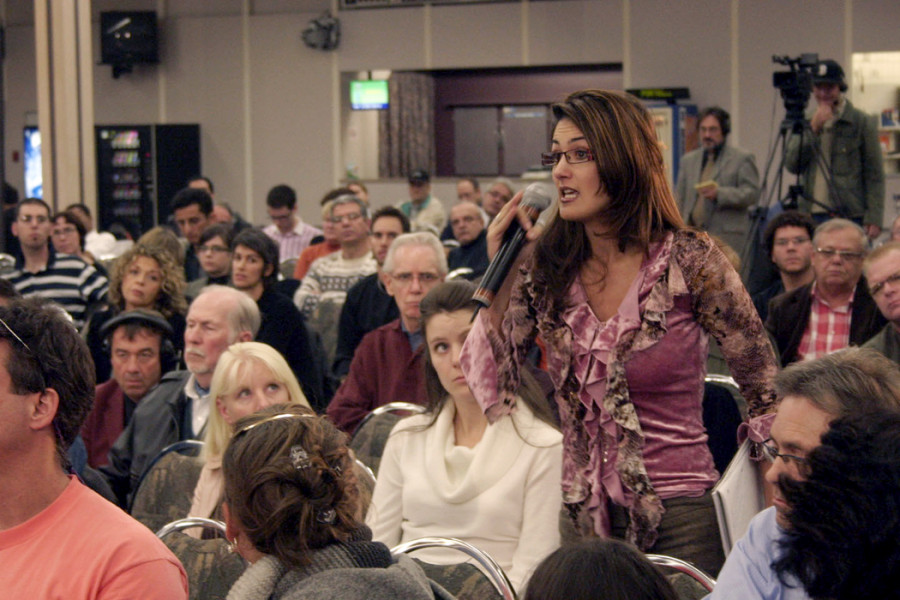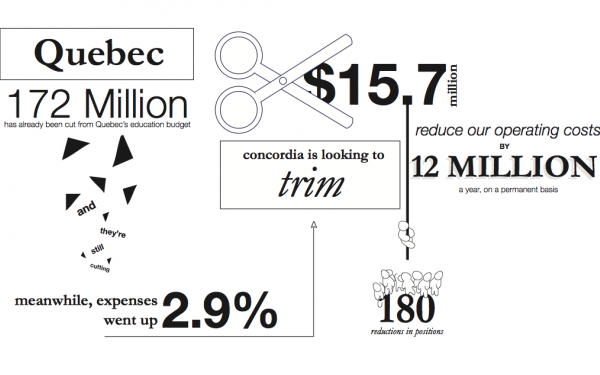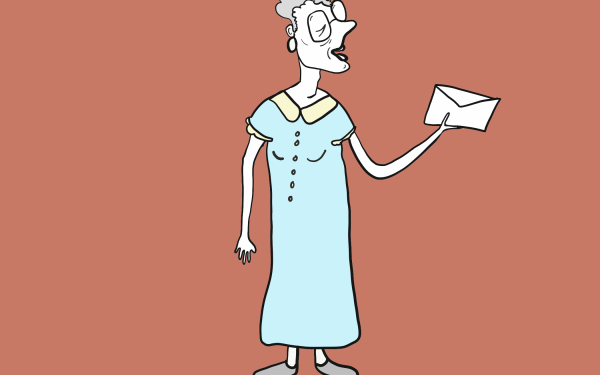An Educational Exchange
Diologic Sessions Want to Get You Thinking,Talking
With a major education summit looming and a newly elected provincial government in control, religious studies scholar Dr. Norman Cornett says everybody needs to get involved in social issues and participate in public discussion and debate.
“It is up to us to engage the issues and seek answers to them, not to shove them on the lap of the government or civil servants,” he said. “Society is us —we can do something about the issues as engaged citizens.”
Cornett believes that whether you are a university student, senior or anywhere in between, your input is crucial to the conversation—and it is your civic duty to ensure that it’s heard.
It is with these ideas in mind that he has organized a series of dialogic sessions at Le Gésu arts centre. The most recent rendition of the series began Monday and continues through Nov. 19.
The sessions will use the controversial Bouchard-Taylor commission as a foundation from which to catapult a discussion surrounding past and current issues affecting Western democracy—and seeks to address the need for a more active participation from citizens regarding local issues.
In March 2008, the Bouchard-Taylor commission published a 300-page report, making 37 recommendations concerning what it considered “reasonable” accommodations of religious and cultural practices within Quebec society, and dealt with issues of identity.
The process leading up to this report consisted of a series of open-forum discussions in which the public’s input was taken into consideration.
Monday, film director Stefan Nitoslawski presented his documentary on the commission, Liberty, Equality, Accommodation, and sat alongside transcultural psychiatrist Dr. Lucie Nadeau for an open discussion following the screening of the film.
“This idea of dialogue, of exchange of ideas—it breeds innovation and a different way of thinking.”
—Liberty, Equality, Accommodation Director Stefan Nitoslawski
“I think the issues raised in the film, issues of religious difference, issues of identity and issues of generational perspective regarding those things, are still just as pertinent today as they were in 2007,” said Nitoslawksi. But further to the specific issues themselves, he thinks society can learn from the way they were addressed by the commission.
“This idea of dialogue, of exchange of ideas—it breeds innovation and a different way of thinking,” he says.
Nitoslawksi hopes to “bring home the uniqueness of the commission and highlight the Quebec population’s ability to talk,”—an element he says has been vastly overlooked.
Cornett agrees that there is much that can be learned from the conversations and public inquiry that were integral in collecting data for the report produced by the commission.
“I don’t believe that when you submit a report its game over,” said Cornett. “I think of it as a beginning point rather than an end point.” He goes further to say that he believes the report is one of the pivotal documents in Quebec society, and in pointing its direction forward.
He says the series is organized on the basis of community education, and that it aims to open the floor for multi-way communication, and manifest itself as an informal dialogue rather than a one-way lecture.
“We want to bring the expertise of the ivory tower to everyday people, and that is the goal of this series—to bring the very best experts to talk to the most number of people possible,” he said.
Next week, Charles Taylor, co-president of the Bouchard-Taylor commission and renowned philosopher will be present at the series. Taylor is the recipient of the presitigous Kyoto and Templeton prizes.
Cornett says the human element is crucial to the success of the series. “They talk about face-time in business, but how often do you get face-time with a thinker like Charles Taylor? This is face-time with one of the great minds of our world.”








